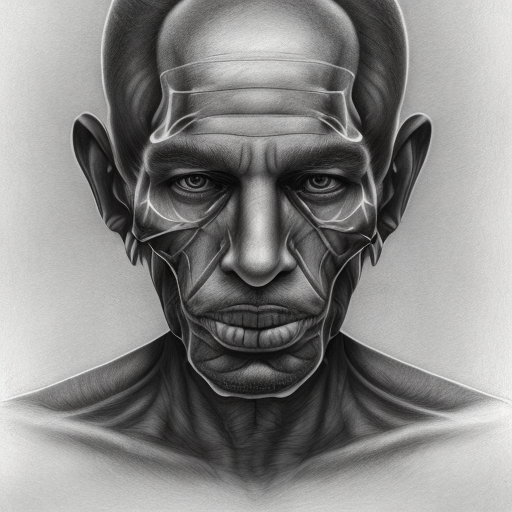Post Incarceration Syndrome (PICS) is a psychiatric disorder that affects individuals who have been incarcerated and then released back into society. It is characterized by a range of psychological, emotional and social difficulties that can arise as a result of being imprisoned. These difficulties may include depression, anxiety, post-traumatic stress disorder (PTSD), difficulty adjusting to life outside of prison, and difficulty forming and maintaining relationships.
PICS is not a recognized psychiatric disorder within the Diagnostic Statistical Manual of Mental Disorders (DSM) or in the International Classification of Diseases (ICD). However, the term is used by some researchers and practitioners to describe the real psychological challenges that people who have been imprisoned may face upon reentry.

Post incarceration syndrome can be a widely varied disorder that manifests itself in numerous ways. Some commonly accepted signs of PICS include:
- Depression: People with post incarceration syndrome can experience feelings of sadness, hopelessness, and a lack of interest in activities that they previously enjoyed.
- Anxiety: Individuals suffering from PICS may experience feelings of worry, nervousness, and fear that are not proportionate with the situation.
- Post-traumatic stress disorder (PTSD) Experiencing symptoms of PTSD such as flashbacks, nightmares, and avoidance of triggers related to their incarceration is commonly noted with for previously incarcerated individuals.
- Difficulty adjusting to life: Reentry can be difficult and persons with PICS may struggle to adjust to the demands and expectations of life outside of prison, including finding and maintaining employment, establishing and maintaining relationships, and navigating the criminal justice system.
- Individuals with PICS may have difficulty forming and maintaining relationships, which can lead to social isolation.
Incorporating the Scandinavian principle of Normality into America’s prison system will increase the mental wellness of incarcerated individuals by exposing them to conditions outside of prison, humane interactions, self-management and civic readiness. Beginning on day one of incarceration, Normalcy promotes a culture of care which can reduce the risk of post incarceration syndrome as it is designed to recognize and engage incarcerated people as potential neighbors and transform them for the better, instead of severing citizenship with penal control and inhumane conditions that will only increase mental illness and continue to produce negative results..
Treatment for PICS involves making reentry, in all its facets, as easy a transition as possible and for that process to occur we must approach rehabilitation by treating the very real traumatic experience of incarceration with a healing intent as part of a larger social solution. Society’s embrace will be determined by the mental health of those returning back in hope of receiving it.

Founder & CEO of the Tranquil Earth Alliance






2 Comments
Hey people!!!!!
Good mood and good luck to everyone!!!!!
Thank you, we sure can use some of that luck! Good mood and luck to you too!